
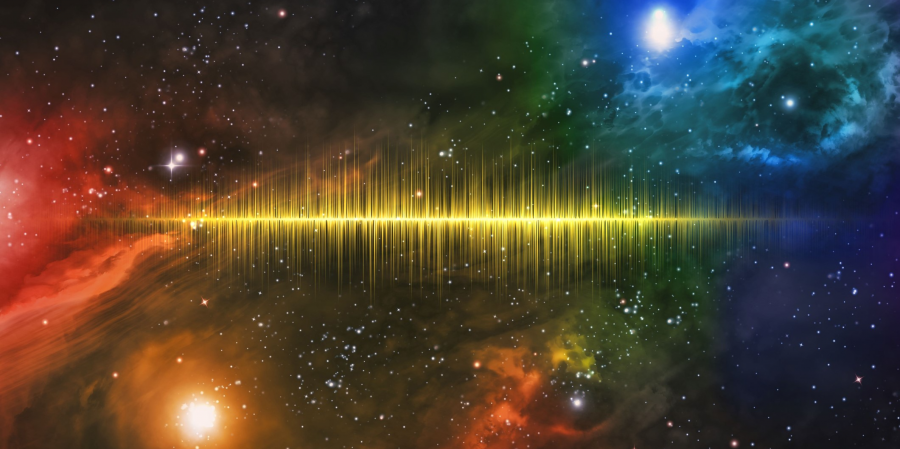
Energy in the form of sound produces the perception of hearing. It always requires a vehicle to get there. In this case air is the medium.
since space is vacuum, we cant hear anything there.
Plasma waves, radio waves, magnetic waves, gravitational waves, and shock waves are all present in space and can be detected by sensors, with the data being transmitted to Earth where the waves are sound-coded.
Scientists multiplied the frequencies of the noises in space by quadrillions (one quadrillion is a million billion billions, for perspective) in order to make them audible to humans.
The genre of "space sonification," however, in which astronomical data of various kinds is transformed into sound waves, is home to many more hallucinogenic earworms.
let's hear how the planets sound.
SUN
A hot ball of incandescent gases at the center of our solar system, the sun is a yellow dwarf star.
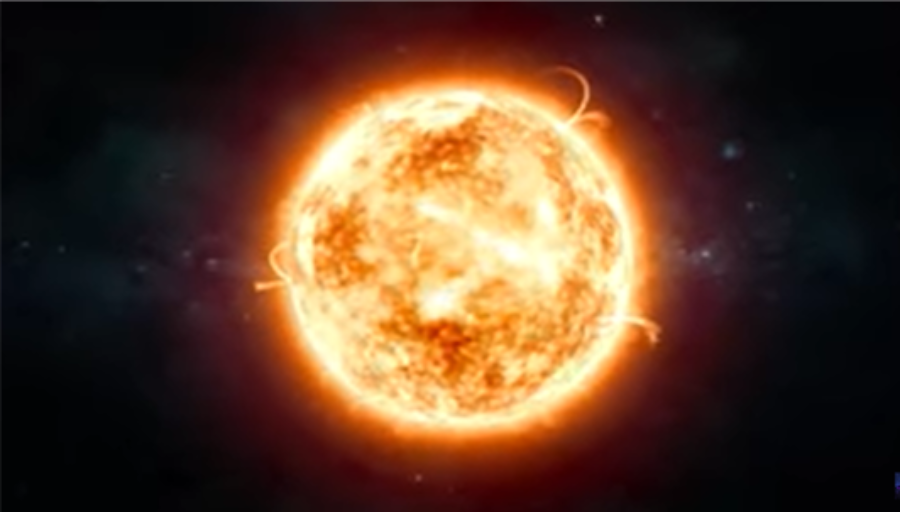
The largest planets and the smallest pieces of junk are all held in its orbit by its gravity. When a large, menacing object is approaching, the Sun makes a sound like it is in a movie.
MERCURY
The smallest planet in our solar system, Mercury is also the one that is nearest to the sun.
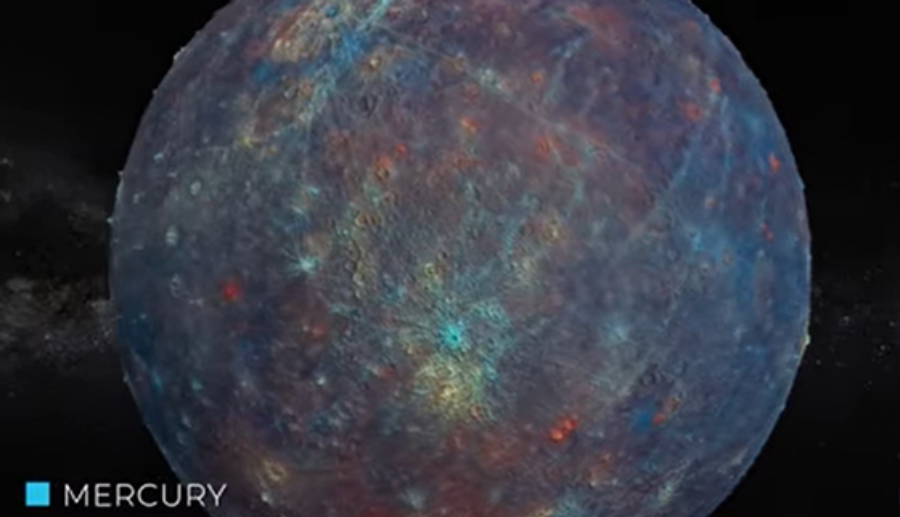
It is also somewhat bigger than the moon. The quickest planet, Mercury, completes one orbit of the sun in 88 days on Earth. Mercury sounds like a radio transmission from an ice-bound research station.
VENUS
Unlike other planets, Venus spins slowly in the opposite direction.
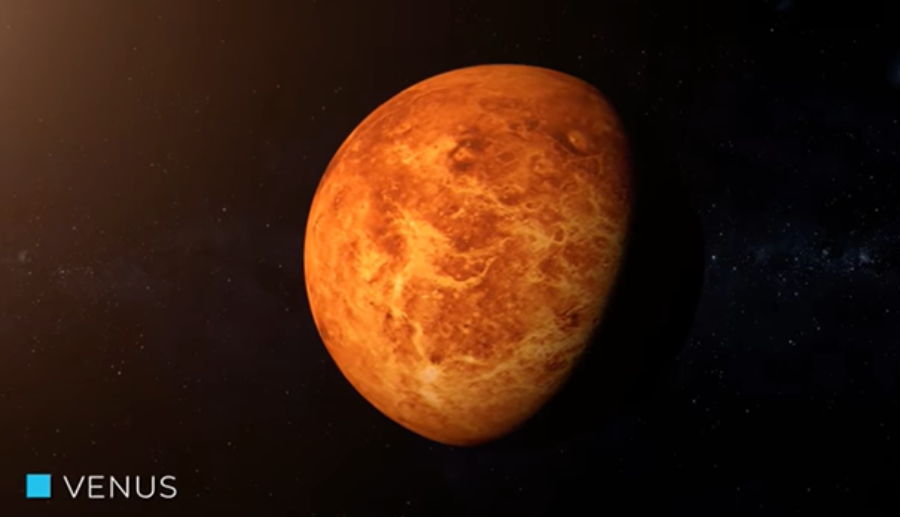
It is the hottest planet in our solar system due to a thick atmosphere that traps heat in a runaway greenhouse effect. Pluto and Venus make a tower-like bell-like sound.
EARTH
Our home planet, Earth, is the only place we are currently aware of where there are living organisms.
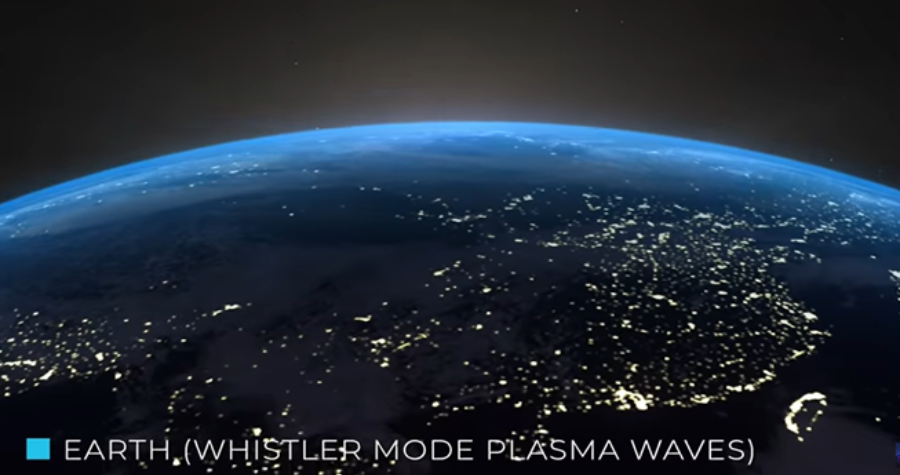
Additionally, it is the only planet in our solar system with surface water. Earth sounds like a busy motorway during rush hour.
MARS
Mars is a cold, arid, dusty planet with a tenuous atmosphere.
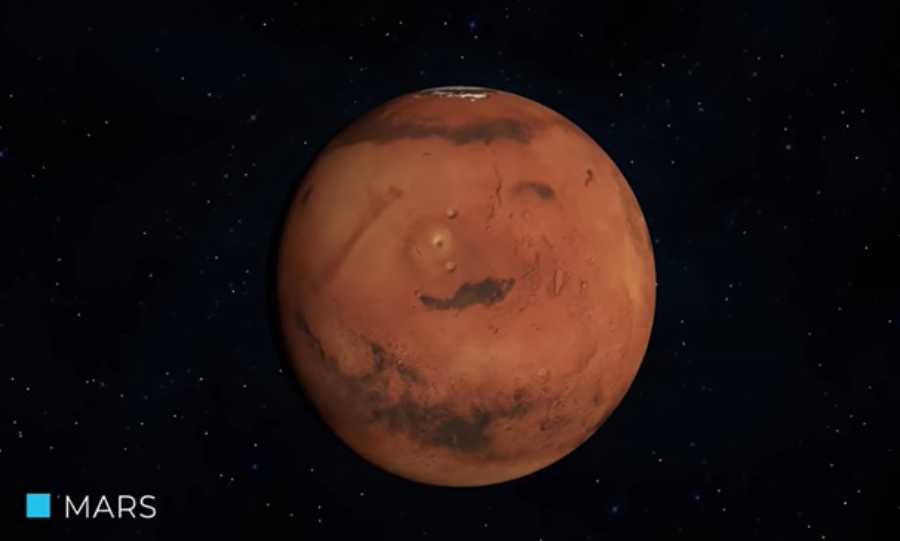
Strong evidence suggests that mars had a thicker atmosphere and was wetter and warmer billions of years ago. Mars has a hollow iron-like sound.
JUPITER
Compared to the other planets in our solar system combined, Jupiter is more than twice as big.
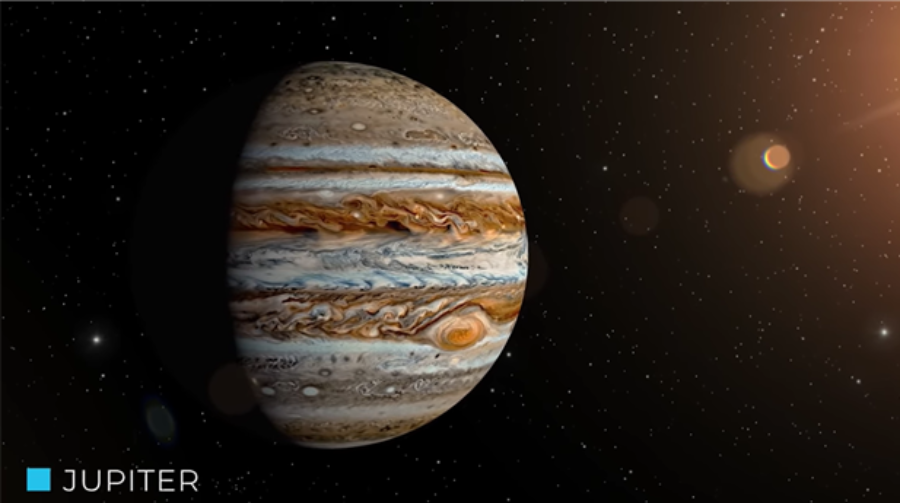
A centuries-old storm larger than Earth is the massive red splotch on the enormous planet. Jupiter has a holy tone.
SATURN
Saturn is distinctive in our solar system because of its brilliant, intricate system of ice rings.
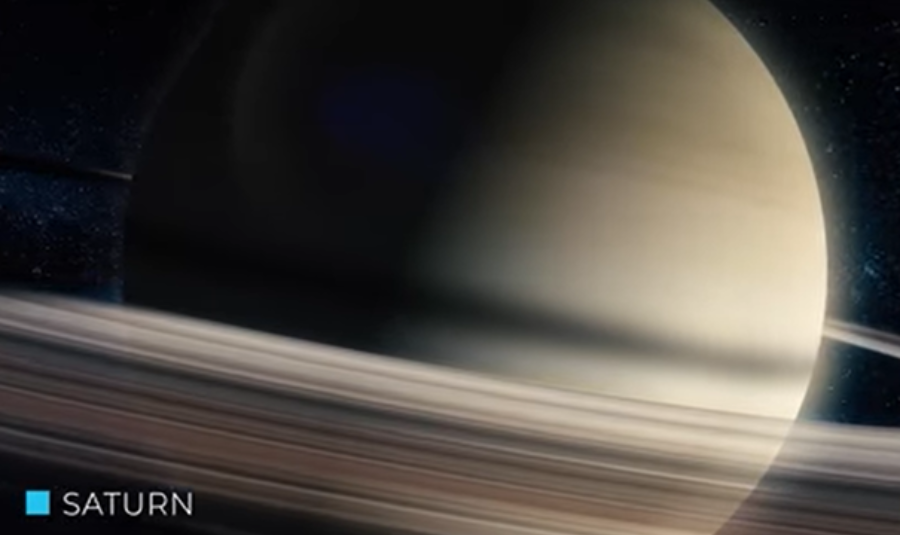
None of the rings on the other large planets are as impressive as those on Saturn. It sounds just like cries from scary movies. It emits radio waves that sound like a wailing robot.
URANUS
The seventh planet from the sun is Uranus. It rotates away from the planet it orbits at almost a 90 degree angle.
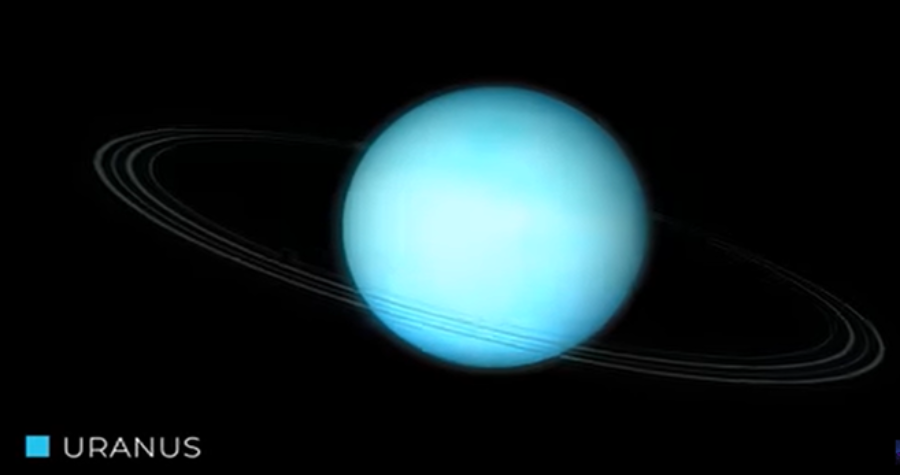
Uranus appears to rotate on its side because of this peculiar tilt. Uranus has a soft voice.
NEPTUNE
The eighth and farthest giant planet from our solar, Neptune is dark, chilly, and buffeted by supersonic winds.
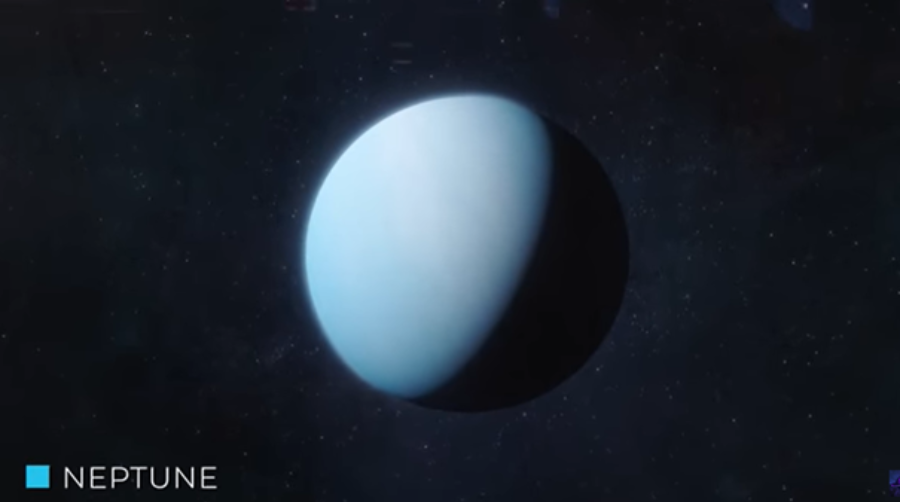
It was the first planet to be discovered without the aid of a telescope through mathematical calculations. With little fiddling, Neptune sounds beneath water.
PLUTO
A complicated world made up of ice mountains and frozen plains, Pluto.
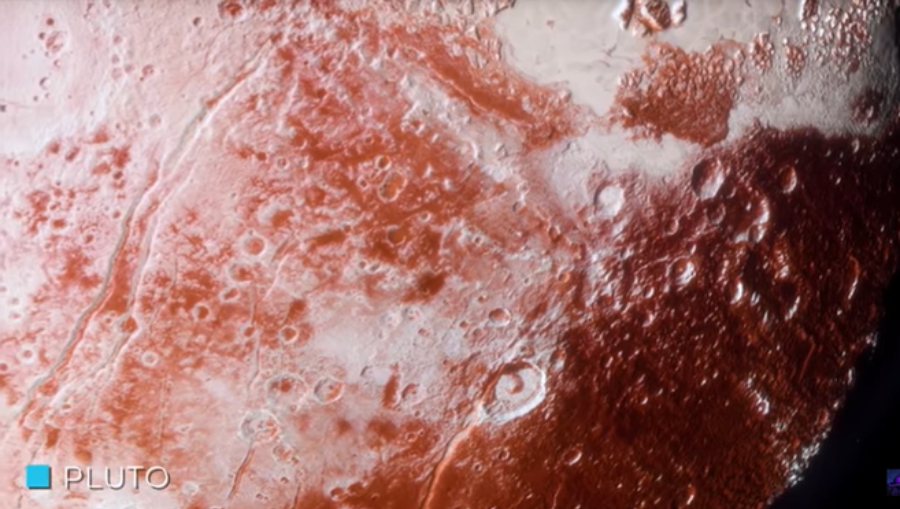
Pluto is the largest planet in the Kuiper Belt and the most well-known of a new category of worlds known as dwarf planets. Pluto was once thought of as the ninth planet. Its sound is eerily similar to the whistling of an ocean storm.
Although sound waves cannot travel across space, the impact of dust particles and heavier pieces of comet debris on the probe's shield could be heard. The spacecraft was pummeled with dust and ice particles for 11 minutes, and NASA estimates that 5,000 collisions were registered during that time.
